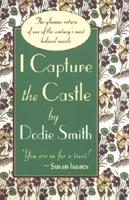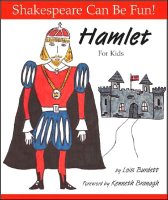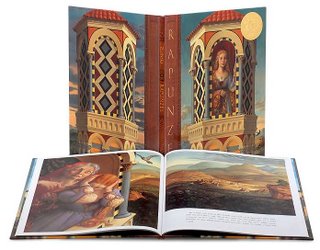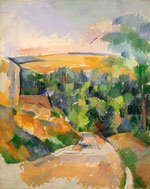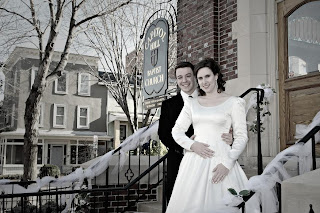Christa's Tuesday post on poetry reminded me of a poem I love, one that is particularly suited to reading out loud. This poem actually reminds me of the old Twizzlers slogan,
Makes mouths happy! This poem makes your mouth happy. And on another level, this poem speaks to our need to name things, to say things, and our delight in doing so, in giving life to these things through words. One of my favorite lines of the poem is
to speak is to step out of your skin, stunned. Read this poem out loud and have fun!
"Saying Things"
Marilyn Krysl (1942 - )Three things quickly - pineapple, sparrowgrass, whale -
and then on to asbestos. What I want to say tonight is
words, the naming of things into their thing,
yucca, brown sugar, solo, the roll of a snare drum,
say something, say anything, you'll see what I mean.
Say windmill, you feel the word fly out from under and away.
Say eye, say shearwater, alewife, apache, harpoon,
do you see what I'm saying, say celery, say Seattle,
say a whole city, say San Jose. You can feel the word
rising like a taste on the palate, say
tuning fork, angel, temperature, meadow, silver nitrate,
try carbon cycle, point lace, helium, Micronesia, quail.
Any word - say it - belladonna, screw auger, spitball,
any word goes like a gull up and on its way,
even lead lifts like a swallow from the nest
of your tongue. Say incandescence, bonnet, universal joint,
lint - oh I invite you to try it. Say cold cream,
corydalis, corset, cotillion, cosmic dust,
you are all of you a generous and patient audience,
pilaster, cashmere, mattress, Washington pie,
say vise, inclinometer, enjambment, you feel your own voice
taking off like a swift, when you say a word you feel like
a gong that's been struck, to speak is to step out of your skin,
stunned. And you're a pulsar, finally you understand light
is both particle and wave, you can see it, as in
parlour - when do you get a chance to say parlour -
and now mackinaw, toad and ham wing their way
to the heaven of their thing. Say bellows, say sledge,
say threshold, cottonmouth, Russia leather,
say ash, picot, fallow deer, saxophone, say kitchen sink.
This is a birthday party for the mouth - it's better than ice cream,
say waterlily, refridgerator, hartebeest, Prussian blue
and the word will take you, if you let it,
the word will take you along across the air of your head
so that you're there as it settles into the thing it was made for,
adding to it a shimmer and the bird song of its sound,
sound that comes from you, the hand letting go
its dove, yours the mouth speaking the thing into existence,
this is what I'm talking about, this is called saying things.
from The Discovery of Poetry by Frances Mayes
